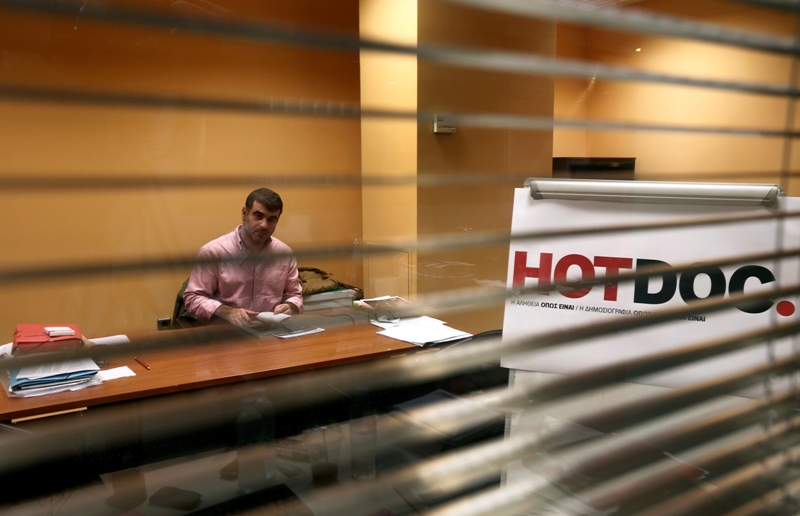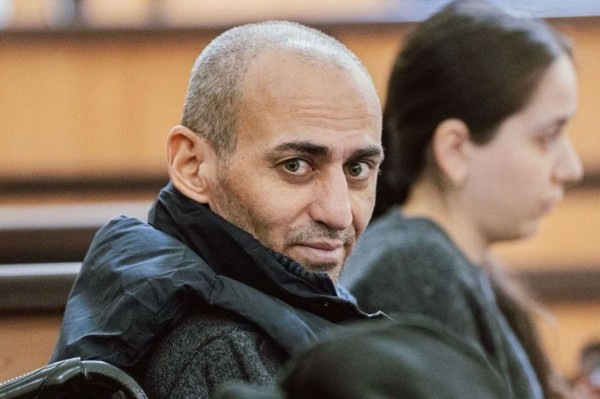The International Press Institute (IPI) today welcomed an appeals court ruling overturning the criminal conviction of a prominent Greek investigative journalist for defamation.
A three-judge panel of the Athens Court of Appeal on Monday unanimously threw out the conviction of Kostas Vaxevanis, editor of the investigative magazine HotDoc. A lower court sentenced him to 26 months in prison for defamation in March 2015.
“This is surely not only a win for journalism and the truth, but also a restoration of justice’s function and validity,” Vaxevanis told IPI in an e-mail statement shortly after the verdict.
IPI Director of Press Freedom Programmes Scott Griffen called the appeals court ruling an “encouraging sign” for press freedom in Greece.
“The conviction of Kostas Vaxevanis flew in the face of European norms and values surrounding press freedom and the handling of defamation claims, and has therefore been rightly overturned,” Griffen said.
He continued: “We hope that this ruling serves as a reminder of the urgent need to repeal Greece’s criminal libel laws following last year’s important civil libel reform. The threat of imprisonment – even in the form of a suspended sentence – has no place in defamation cases, as an increasing number of international human rights bodies have made clear. Greece cannot afford the chilling effect that such prosecutions can have on investigative reporting in the public interest.”
The charges against Vaxevanis related to the April 2013 edition of HotDoc, which examined the alleged role of a prominent Greek businessman, Andreas Vgenopoulos, in the 2012 to 2013 Cyprus financial crisis. That edition’s cover image depicted Vgenopoulos in the foreground, smoking a cigar, while a Euro symbol emblazoned with the Cypriot flag sank into the sea behind him.
Prosecutors brought criminal defamation charges against Vaxevanis following a complaint by Vgenopoulos. In an interview as part of an IPI report last year, Vaxevanis said that his legal team presented in court nearly 5,000 documents from Greek and Cypriot authorities to back up the magazine’s claims. However, this was not enough to avoid a prison sentence, which the court suspended for three years.
In 2014, Vaxevanis was put on trial for publishing the ”Lagarde list”, a document containing the names of several thousand Greek citizens alleged to have evaded taxes by maintaining bank accounts in Switzerland. He was acquitted of violating privacy laws in that case.
Last year, Vaxevanis said he and his team had been the target of some 50 lawsuits and prosecution orders in recent years, creating a significant financial burden. Vaxevanis described the numerous lawsuits as distraction manoeuvres by public figures to avoid answering questions raised by his outlets, which include HotDoc and the investigative website Kouti Pandoras (“Pandora’s Box”).
Defamation is punishable under Greece’s Criminal Code with up to two years in prison, according to IPI’s legal database, although in practice most sentences are converted into a fine. Nevertheless, the country remains one of the few EU states to apply criminal defamation laws against journalists on a regular basis.
IPI recently published the first and second entries of a series of features examining the effects of Greece’s civil and criminal defamation laws on journalists and writers, and on the public’s right on information. The series will continue into the fall.



